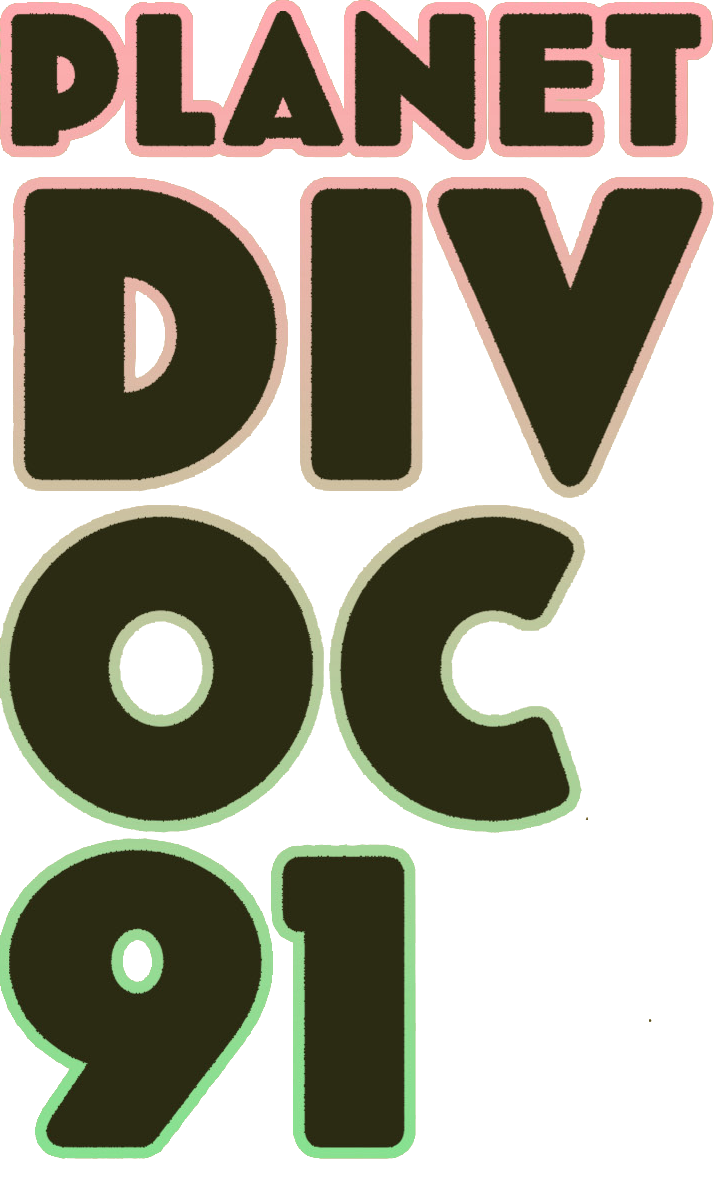The Bigger Picture Under the Microscope
By Lucy Porte
We talk to Sir Patrick Vallance about the challenges of advising the government in these ever-changing times, and how it can’t all be about the science.
“Nobody is alone in this”
“As [much] as science informs response, it can’t possibly lead it.”
“The worst thing I think we could do is a rush in with a vaccine, try it out [on] everybody and then find out it’s got some disastrous side effect.”
A few weeks ago, myself and a group of other young adults were given the chance to interview the prominent scientist and chief scientific advisor to the UK Government, Sir Patrick Vallance. We wanted to know about his views on the pandemic and any complexities in his work which arose as circumstances changed. The thing that struck me the most from the session was how human-focused his answers were and how humbly he presented science’s role in the outbreak, given his own background in the biosciences.
It can be easy to immediately defer to science as the best objective source of answers, and scientists such as deputy chief medical officer Professor Van-Tam often quote facts and figures in their answers to bolster their statements. Of course, behind all the figures lies some sort of bias. I think Sir Patrick did well to give a more nuanced narrative of the problems people are facing in this pandemic, using less facts and figures than I was expecting and instead presenting the government’s view as more ‘people led’ than ‘science led’, emphasising that science is not enough to save us in a crisis like this: we need the human factor too.
“The funding agencies were asked [back] in February to make sure that they looked at this from a very broad perspective, and that’s one of the advantages of a really broad academic base in the UK.”
“Science is something that needs to be part of society… It needs to involve the public, and involve them not in a sort of ‘we must educate [them]’ way, but actually in terms of what are the questions that matter? What is it that matters to people, why does it matter to them? What views would they have on where science goes? What outcomes are the ones that matter most to people?”
The topics discussed, sparked by a set of questions from the group, covered the broad scope of disciplines feeding into the current government response, the high incidence of the disease in BAME populations and drive to investigate the causes of this, and the dilemmas inherent in rapidly procuring a vaccine. With many of these areas still needing further research, Sir Patrick relayed the virtues of being able to take a little time out with the family, play card games and enjoy home cooking spectacles in his own time.

Not all questions were definitively answerable, however one theme rang true throughout: Sir Patrick’s exposition of science as a starting point in policy rather than a main driver, which came in sharp contrast to many politicians’ claims that the response is being ‘science led’. For me, his people-oriented response style, compared to that of some other political speakers, suggests he views the advancement of science as secondary to the needs and feelings of people, not only during this pandemic but as a general principle.
I genuinely wouldn’t want to be critical of Sir Patrick or present anything he said poorly as my impression of him during the interview was that he answered earnestly and thoughtfully throughout. Even though he dodged some questions, I didn’t feel there was anything malicious in this.
We can all have our say in the government’s response by sharing our perspectives of the pandemic. We are creating a document to send to Sir Patrick Vallance and other people involved in health research about how Covid-19 has impacted the lives of young adults in the UK and around the world. We are hoping this will guide future research and policy. We would love you to contribute to this. Please share your ideas and thoughts in the Webtoons comments section, including the country you live in and your age if you are happy to share these!
By using everyone’s input, we can help encourage a change in response from science to humanity.

